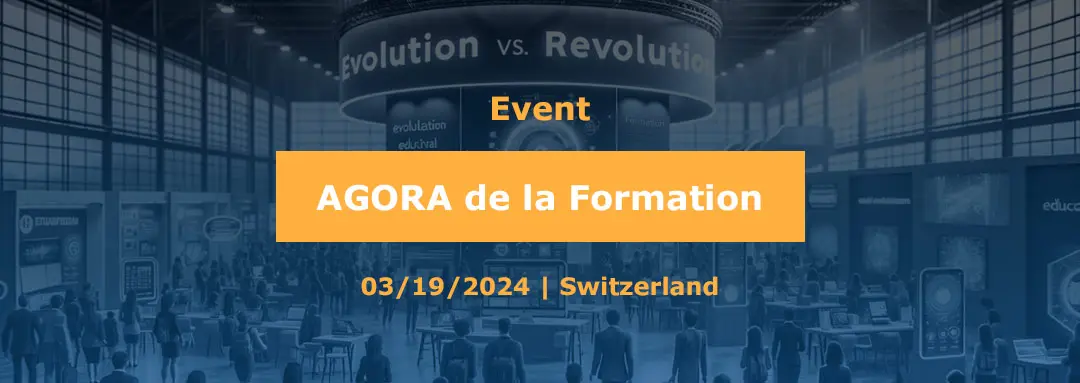In an ever-changing world, where time is becoming a precious resource, the integration of Artificial Intelligence (AI) into learning offers unique opportunities to rethink our educational and professional methods. Here’s an overview of various thoughts and perspectives on the subject:
Saving time with ChatGPT in particular:
Using ChatGPT and other AI tools saves time by offering fast, personalized answers to specific questions, while reducing dependence on costly resources such as private tutors. While there is a certain “wow” effect, this “extra help” is to be taken with caution, whether it’s used as a kind of accompaniment or for content creation… Indeed, AI makes it possible to use the proximity of words (likelihood that a certain word follows a preceding word) to create texts, but this is (for now?) weak in extrapolation of emotions, affects and human humility – it’s up to us humans to complete and describe with our “heart” these things that AI is so far lacking!
Humanizing AI:
With technological advances, it’s crucial to put the human back at the heart of the learning process. AI can be a valuable ally in channeling and preparing individuals to integrate new knowledge, but it’s essential not to lose sight of learners’ needs and expectations.
Evolution versus revolution:
Does the integration of AI in training represent a simple evolution or a genuine revolution? Whatever the answer, it’s undeniable that we’re faced with the constant need to reinvent ourselves and adapt to a rapidly changing world – and even more so in the field of training and human resources.
Data security and trust:
As we all explore the possibilities offered by AI, it’s crucial not to overlook data protection and guarantee user trust (think of it a bit like a “black box” and be wary of what’s inside). Transparency and security must be top priorities when integrating these technologies. According to one of the speakers, the training undergone by neural networks has even led them to dream! AIs are already helping each other and working together.
AI: a tool, not a replacement:
Is AI pervasive? It’s important to recognize that AI is a tool at the service of humans, not a substitute. While roles may evolve, human expertise remains irreplaceable, particularly when it comes to emotions, social interaction and creativity. The use of screens generates dopamine, and this use is not going to diminish; but we need to keep in mind the difference between “awareness” and “consciousness” and reincorporate presence within the group, with others, and being fully present in general…
Towards a fusional approach that puts people at the center:
In a context where technologies are evolving faster than ever, adopting a “fusional” approach that combines the best of technological innovation with human expertise seems to be the way forward. In fact, we can see that the trainer’s profession has evolved from being a face-to-face trainer with a Power Point, to becoming a facilitator, an instructional designer, and finally back to the central role of the trainer; an interesting point of view, which means you have more time to rework your concept, become more critical, develop other methods and ways of seeing things, and address different audiences.
Above all, “fusion cuisine”:
The metaphor has come up several times, with the idea of mixing methods, sources, and resources, without losing sight of the learner, who remains at the heart of our concerns, and always will.
Ultimately, Artificial Intelligence represents a powerful catalyst for change in the field of learning. However, its effective integration requires careful thought, constant vigilance, and a commitment to humanizing and personalizing the educational experience. As Prévert, who was quoted during the day, said: “Le progrès, trop robot pour être vrai”! (“Progress is too robotic to be true”).
